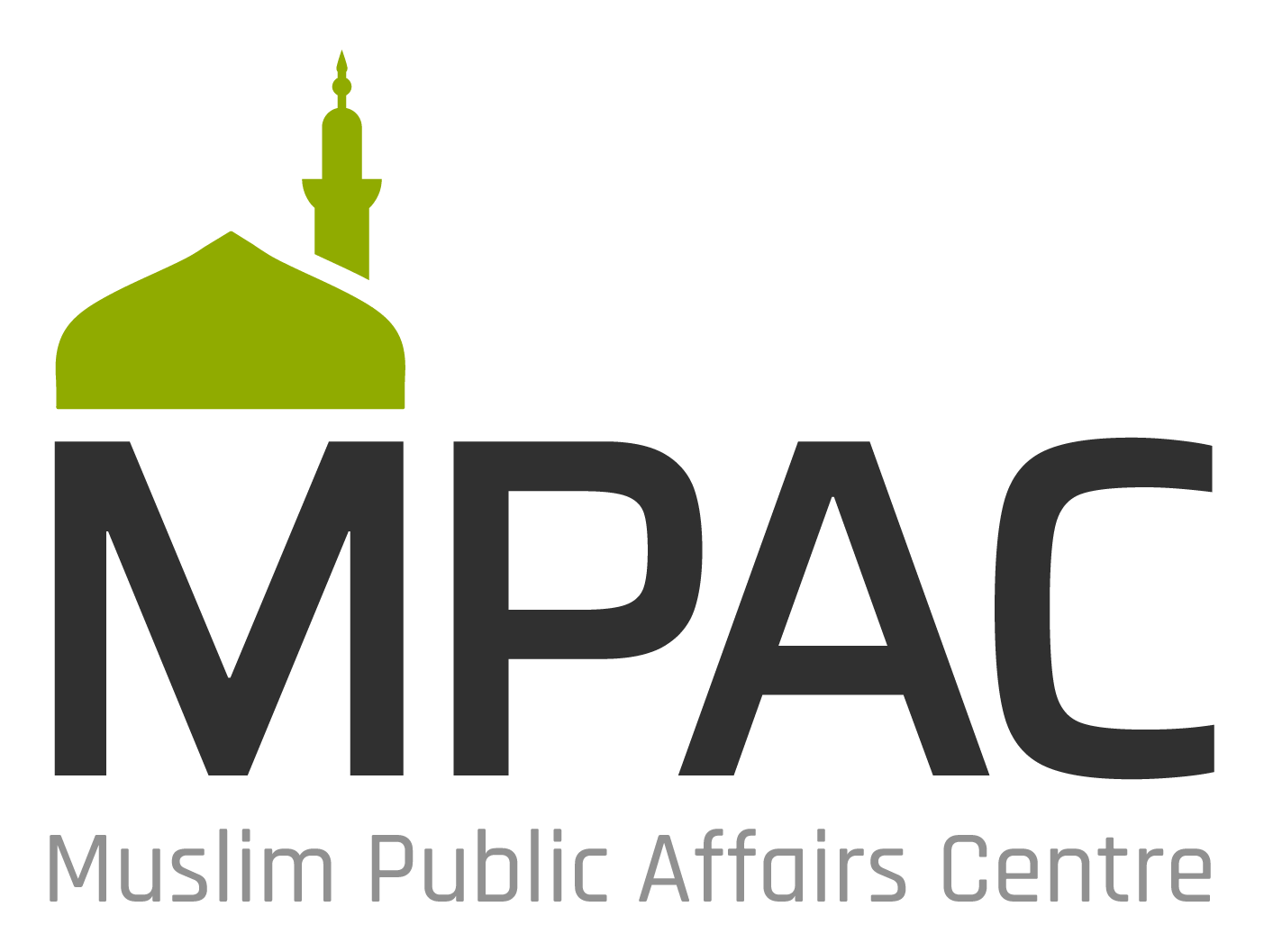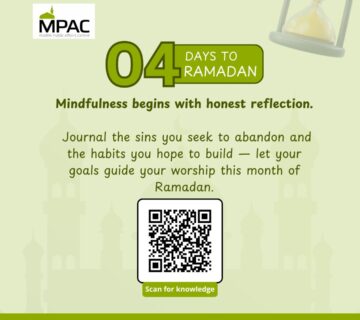
Scheduling Meetings with Public Officials
Meeting with government or public officials or their staff is an effective way to convey a message about a specific policy, legislative or other issues. Below are some suggestions to consider when planning a visit to a government official.
Plan Your Visit Carefully:
Decide in advance what you hope to achieve and who you need to meet with in order to achieve your goal.
Make an Appointment:
When attempting to meet with an elected or appointed official, if necessary, book appointment with secretary or scheduler. Explain your purpose and whom you represent. It is easier for staff to arrange a meeting if they know what you wish to discuss and your relationship to any critical issue or interests represented by the official.
When calling, be prepared to briefly explain the purpose of the meeting, the estimated amount of time you will need, and the names and affiliations of the attendees. Be flexible; the official may prefer to meet with you only at a place and time convenient to him or her. If he or she is unable to meet with you, ask to meet with the staff member responsible for your issue.
Lobbying Tip: Staff Are Important and Influential
Because of time constraints, most government officials rely heavily on their staffs. If you cannot see the official personally, remember that it is as important to build good relations with the staff as it is to build good relations with the official.
Be Prepared:
Do your research. Understand the official’s background, political philosophy and previous positions and activities on the issue of concern to you.
Understand Your Issue:
Prepare for the meeting in advance. Bring copies of any fact sheets and position papers that help explain or support your position, and be prepared to leave these materials with the official and his or her staff. You should never bring documents you are not prepared to leave behind.
Be a Good Educator:
Government officials are required to take positions on many different issues. Often, they may lack important details about the pros and cons of a particular matter. Your role is to help educate the official by sharing information that demonstrates why your issue is important.
Be Political:
Government officials, particularly state legislators and Senate members, want to represent the best interests of their constituents. Show them how supporting your position does so. Where it is appropriate, ask for a commitment and describe the connection between what you are requesting and the interests of the official’s constituency. If you are meeting with a Federal government official, then establish the connection between your position and public good.
Be Prompt and Patient:
When it is time to meet with an official, be punctual, patient and flexible. Government officials have hectic schedules, so it’s not uncommon for a meeting to be interrupted, delayed or canceled. If the official is unable to have a full discussion, be willing to continue your meeting with the staff.
Be Brief:
Get to the reason for the meeting quickly. Idle conversation takes precious time away from substantive discussion. Always be the one to conclude the meeting. Try not to go past the appointed time, even if the official does not appear to be rushed.
Be Direct and Personal:
Be clear on what you are requesting and ask directly for his or her support. Don’t just recite the issue paper or fact sheet. Instead, it is better to describe the personal impact of government decision on the issues you have raised on Muslims, or your business, the community, and the state or region. One way to make that impact clear is to arrange for the official or staff members to tour the community if the issue is community related.
Summarize the Meeting:
If any commitments are made, summarize them up at the end of the meeting to make sure that everyone understands what has been decided: Keep future developments in mind by offering to provide further information. Before the meeting ends, confirm who on the official’s staff will be handling these issues.
Say “Thank You”:
After the meeting, follow up with a “thank you” letter. Include any additional information that was requested and a brief summary of your understanding of the outcome of the meeting.






